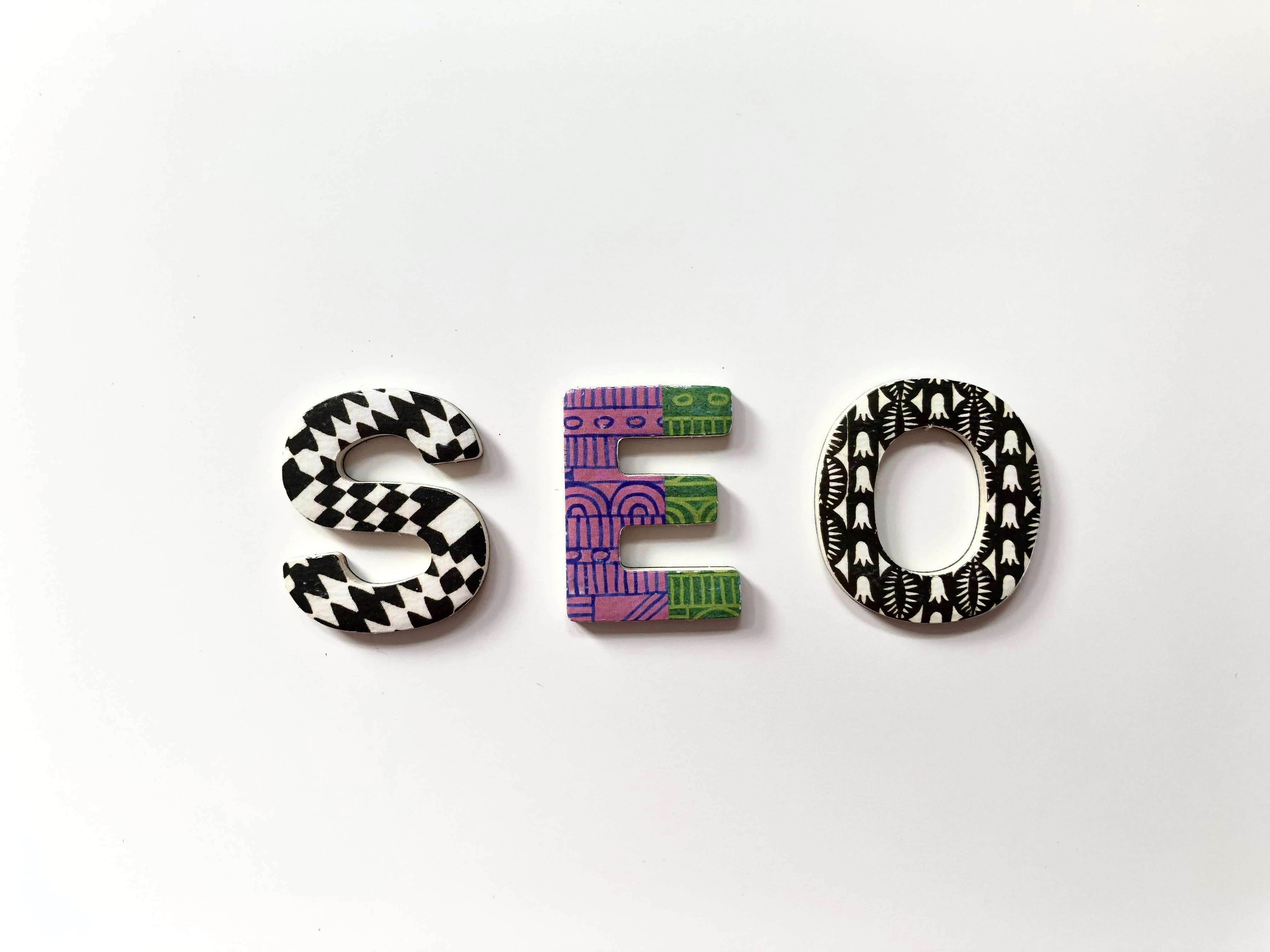Canonical SEO: Following Search Engine Guidelines and Standards
January 30, 2024 | by canonicalseo.net
 Photo by Nick Fewings on Unsplash
Photo by Nick Fewings on UnsplashCanonical SEO is a search engine optimization approach that emphasizes adherence to search engine guidelines, WC3 standards, and published standards. By incorporating best practices and utilizing various technologies such as WordPress, HTML5, XML, CSS, JSON-LD, SCHEMA, and microdata, Canonical SEO aims to optimize websites for improved search engine rankings and user experience.
Adhering to Search Engine Guidelines
Search engines provide guidelines to ensure that websites are designed and optimized in a way that is fair, ethical, and user-friendly. Canonical SEO focuses on understanding and implementing these guidelines to ensure that websites are optimized for search engine visibility.
Utilizing WC3 Standards
WC3 (World Wide Web Consortium) sets the standards for web technologies, including HTML, CSS, and XML. By adhering to WC3 standards, Canonical SEO ensures that websites are developed using clean and valid code, making them more accessible, efficient, and compatible across different devices and browsers.
Optimizing with HTML5
HTML5 is the latest version of the Hypertext Markup Language, providing enhanced features and capabilities for website development. Canonical SEO leverages HTML5 to create modern and responsive websites that deliver a seamless user experience across various devices.
Enhancing with XML
XML (Extensible Markup Language) is a versatile markup language that allows for the structured representation of data. Canonical SEO utilizes XML to optimize websites for improved search engine crawling and indexing, as well as to facilitate the exchange of data between different systems.
Styling with CSS
CSS (Cascading Style Sheets) is used to define the visual presentation and layout of web pages. Canonical SEO employs CSS to create visually appealing and consistent designs, ensuring that websites are both aesthetically pleasing and user-friendly.
Implementing JSON-LD and SCHEMA
JSON-LD (JavaScript Object Notation for Linked Data) is a lightweight data interchange format that allows for the structured representation of data. SCHEMA, on the other hand, is a specific vocabulary of tags used to markup structured data on websites. Canonical SEO utilizes JSON-LD and SCHEMA to optimize websites for enhanced search engine visibility and to provide contextually relevant information to search engines.
Utilizing Microdata
Microdata is a way of adding additional semantic information to web content. By utilizing microdata, Canonical SEO enhances the understanding of website content by search engines, making it easier for them to interpret and display relevant information in search results.
In conclusion, Canonical SEO is a comprehensive approach to search engine optimization that incorporates various technologies and standards. By following search engine guidelines, WC3 standards, and utilizing technologies such as WordPress, HTML5, XML, CSS, JSON-LD, SCHEMA, and microdata, Canonical SEO aims to optimize websites for improved search engine rankings and user experience.
RELATED POSTS
View all


